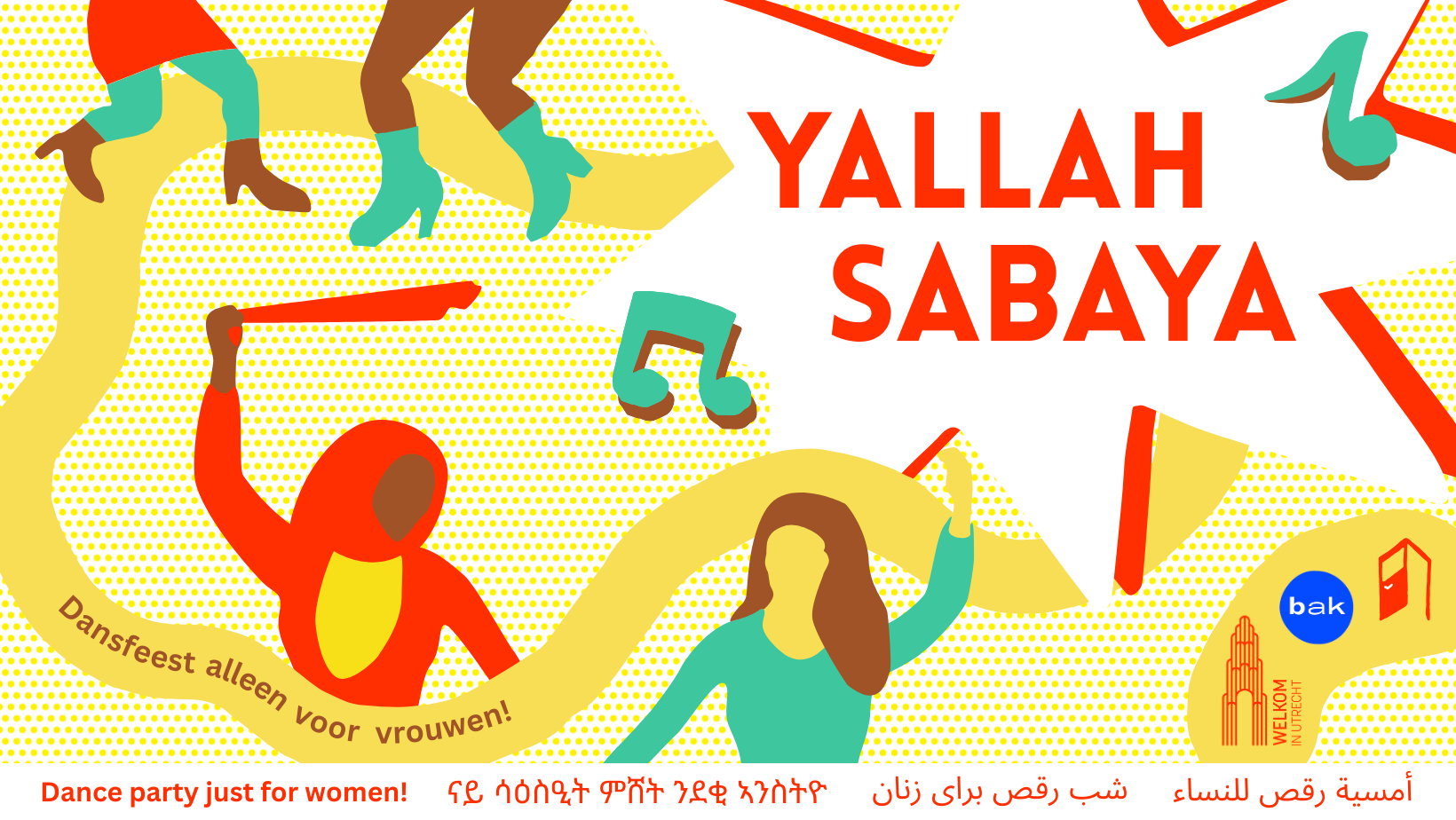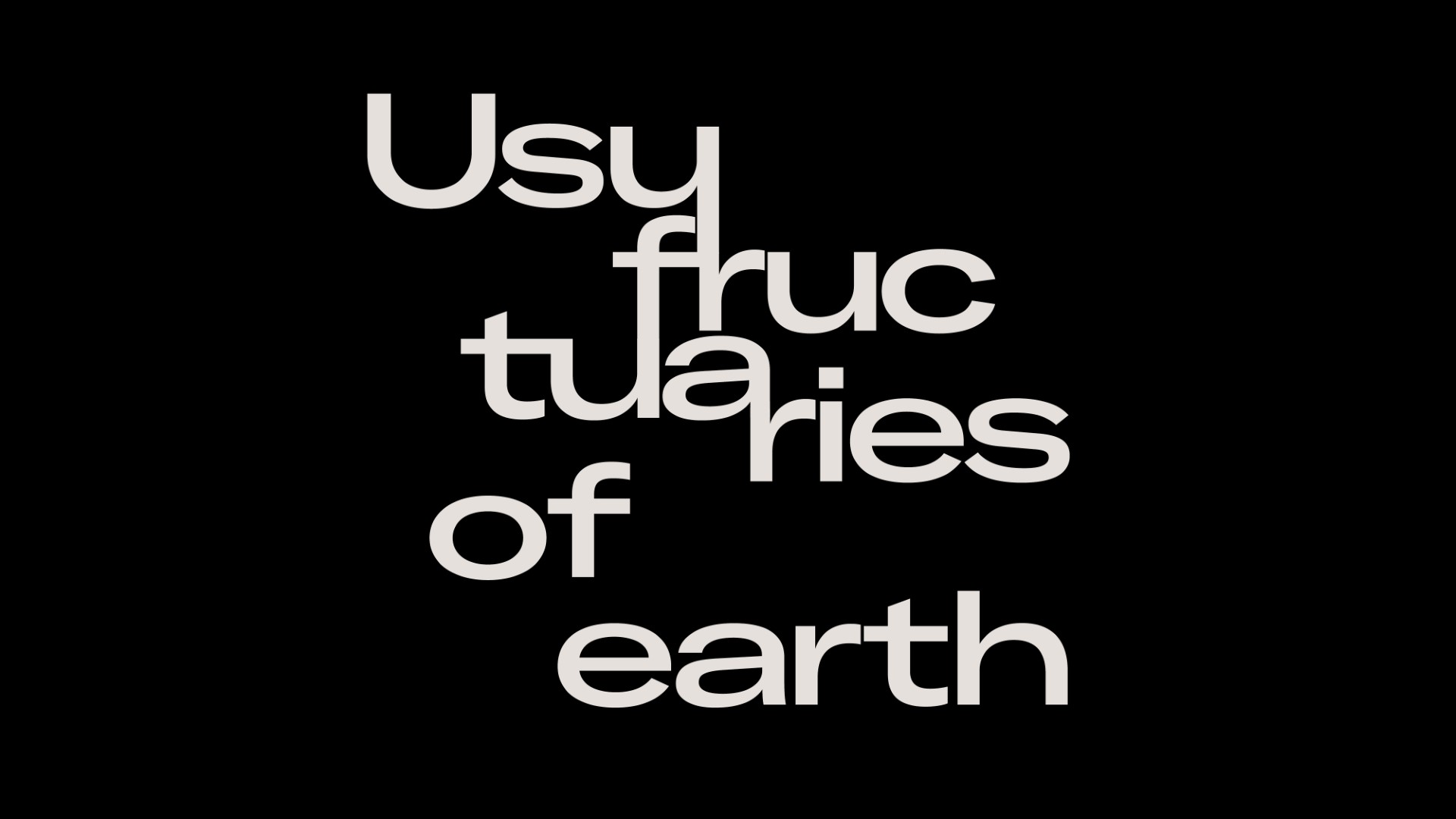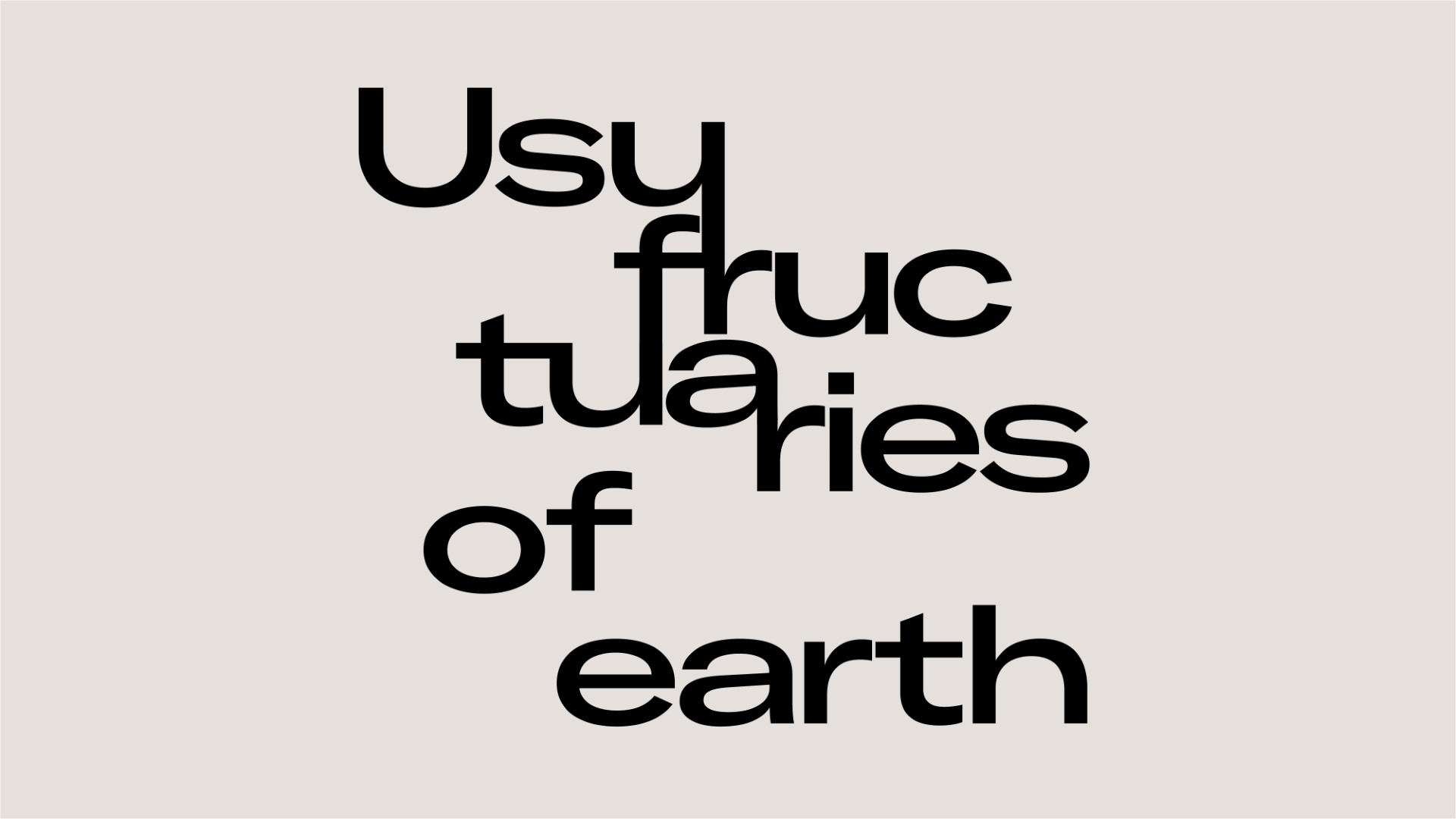Propositions #7: Evidentiary Methods
Propositions #7: Evidentiary Methods—the public program in the context of the exhibition Forensic Justice and part of the BAK series Propositions for Non-Fascist Living (2017–2020)—expands upon the notion of forensic justice in a series of lectures, screenings, and moderated conversations on methodologies for articulating claims within the multidimensional space of aesthetics, law, architecture, politics, and ecology. The series deepens the understanding of works by, or made in collaboration with, Forensic Architecture, including investigations that are not presented in the exhibition. Focusing on techniques and innovative evidentiary methods at the intersection of law, art, politics, and the changing media landscape employed in the forensic practice, the gatherings create a space for dialogue and exchange between concrete cases examined by Forensic Architecture and other ongoing political struggles in the Netherlands and beyond. The series is conceived in collaboration with Nick Axel (architectural theorist, Amsterdam).
Propositions #7/1: Counter Forensics
18 October 2018, 19.30–21.30 hrs (Forensic Justice exhibition opening from 18.00 hrs)
With Eyal Weizman (Forensic Architecture, London) and Christina Varvia (Forensic Architecture, London)
On the occasion of the opening, Eyal Weizman and Christina Varvia give a lecture on the agency’s forensic practice.
Propositions #7/2: Geosync
1 November 2018, 19.30–21.30 hrs
With Stefan Laxness (Forensic Architecture, London) and Gamze Hızlı and Özlem Zingil (Hafiza Merkezi [Truth Justice Memory Center], Istanbul
With ever-increasing quantities and richer forms of media being produced every day, one might think that it only would have become easier to create consensus on historical events. Yet data is not the same thing as information; to produce the latter, an intensive process of data collection, filtering, analysis, and interpretation is necessary. Today, proving what happened in the past requires immersing oneself in the evermore saturated and evolving landscape of data production. A landscape of truth lies within and among the vast quantities and diverse forms of media surrounding every event.
Focusing on the evidentiary method of what Forensic Architecture calls “Geosync,” Stefan Laxness presents The Ayotzinapa Case, 2017, an investigation into the disappearance of 43 students in Iguala, Mexico, in 2014. Gamze Hızlı and Özlem Zingil of Hafiza Merkezi discuss their recent investigations into human rights violations in Turkey.
Propositions #7/3: Testify
15 November 2018, 19.30–21.30 hrs
With Ana Naomi de Sousa (Forensic Architecture, London) and Migrant 2 Migrant Foundation (Amsterdam)
Despite their cultural prevalence in the past century, photography and video imagery have only recently been incorporated as legitimate forms of evidence in justice systems. Yet once they were, it became increasingly difficult to substantiate any legal claim without such forms of media. The witness testimony—the historical epitome of juridical proceedings—has seemingly fallen by the wayside in favor of more robust, less forgetful evidentiary materials. Not every crime is, or can be, captured in an image, however, and lived experience is still a privileged type of event-based knowledge. What is needed today is not a diminution of the human voice, but creative means of its amplification.
Focusing on the evidentiary method of the testimony, Ana Naomi de Sousa presents Saydnaya, 2016, the reconstruction of a Syrian torture prison of which there are no images. Cheikh “Papa” Sakho, Mustapha Mujahid, and Jo van der Spek bring into the discussion the Migrant 2 Migrant Foundation’s ongoing response to the Schipholbrand, the 2005 fire in which eleven migrants died while being trapped in an airport detention complex.
Propositions #7/4: Reenact
13 December 2018, 19.30–21.30 hrs
With Stefanos Levidis (Forensic Architecture, London), Natascha Sadr Haghighian (People’s Tribunal “Unraveling the NSU Complex” and Initiative 6 April, Kassel), and Lisa Ito (Concerned Artists of the Philippines, Manila)
If politics is a performance—or at least performative—then the staging and enactment of political events can serve as a means to inscribe new histories within the public memory. Theatrical devices can be used to open up the past to scrutiny and speculation, the present to reflection and mobilization, and the future to apprehension and collective imagination.
Focusing on the evidentiary method of reenactment, Stefanos Levidis and Natascha Sadr Haghighian discuss 77sqm_9:26min, 2017, a counter-investigation into the testimony of German intelligence officer Andreas Temme in relation to the murder of Halit Yozgat in Kassel on 6 April, 2006. Lisa Ito introduces the Concerned Artists of the Philippines’s collective responses to rising fascism and participation in the country’s anti-dictatorship struggle.
Propositions #7/5: Sense
10 January 2019, 19.30–21.30 hrs
With Samaneh Moafi (Forensic Architecture, London) and Hilde Brontsema (Milieudefensie, Amsterdam)
Satellite images have become increasingly prevalent in contemporary culture and are a privileged means of representing and understanding the changes that are taking place on our planet on a territorial scale. Yet their smoothness belies the complexity—not to mention the politics—of the underlying photographic apparatus capable of capturing, stitching, and disseminating such images. Taken to represent evidence for climate change, for instance, fields of pixels must be rendered into tangible information. While promising truth, these processes of interpretation lead to spaces of contestation.
Focusing on the evidentiary method of remote sensing, Samaneh Moafi presents Ecocide in Indonesia, 2016, an investigation into the 2015 fires in Kalimantan and Sumatra that consumed over 21,000 square kilometers of forest and peat lands. Hilde Brontsema presents Friends of the Earth Netherlands vs. Royal Dutch Shell, 2008–ongoing, a legal case in which four Nigerian citizens are taking Shell to court over oil spills that had polluted their fields and their fish farming ponds.
Propositions #7/6: Archive
24 January 2019, 19.30–21.30 hrs
With Ariel Caine (Forensic Architecture, London), Jessica de Abreu (The Black Archives, Amsterdam), and Yasmine Eid-Sabbagh (artist and researcher, Tyre)
Archives are repositories for potential futures. Meticulously and laboriously assembled, they contain truths yet to be articulated, histories yet to be written. However, as the cinematic representation of dusty, overflowing archives attest to, the presence of a document in no way guarantees it being read. Archives need to be activated for their stories to be told. No longer confined to municipal storehouses and tied to governmental power, they are spaces whose design shapes access and whose assembly shapes their publics. What an archive can do is simply the question of what the archive could be.
Focusing on the evidentiary method of archiving, Ariel Caine presents Ground Truth, 2017–ongoing, a project that provides historical and juridical evidence on behalf of communities in the illegalized Palestinian Bedouin villages in the northern threshold of the Negev/Naqab desert. Jessica de Abreu presents The Black Archives’ work documenting the history of black emancipation movements and individuals in the Netherlands. Yasmine Eid-Sabbagh discusses her research and interventions which address the political implications of a collection of digital photography originating from Burj al-Shamali, a Palestinian refugee camp in Southern Lebanon.



